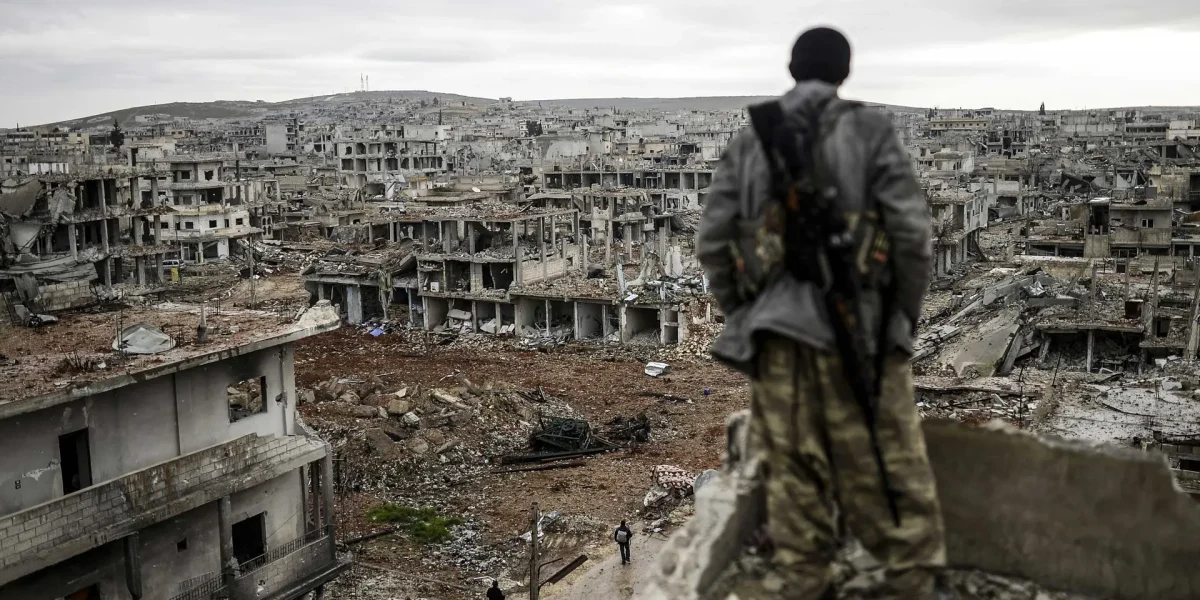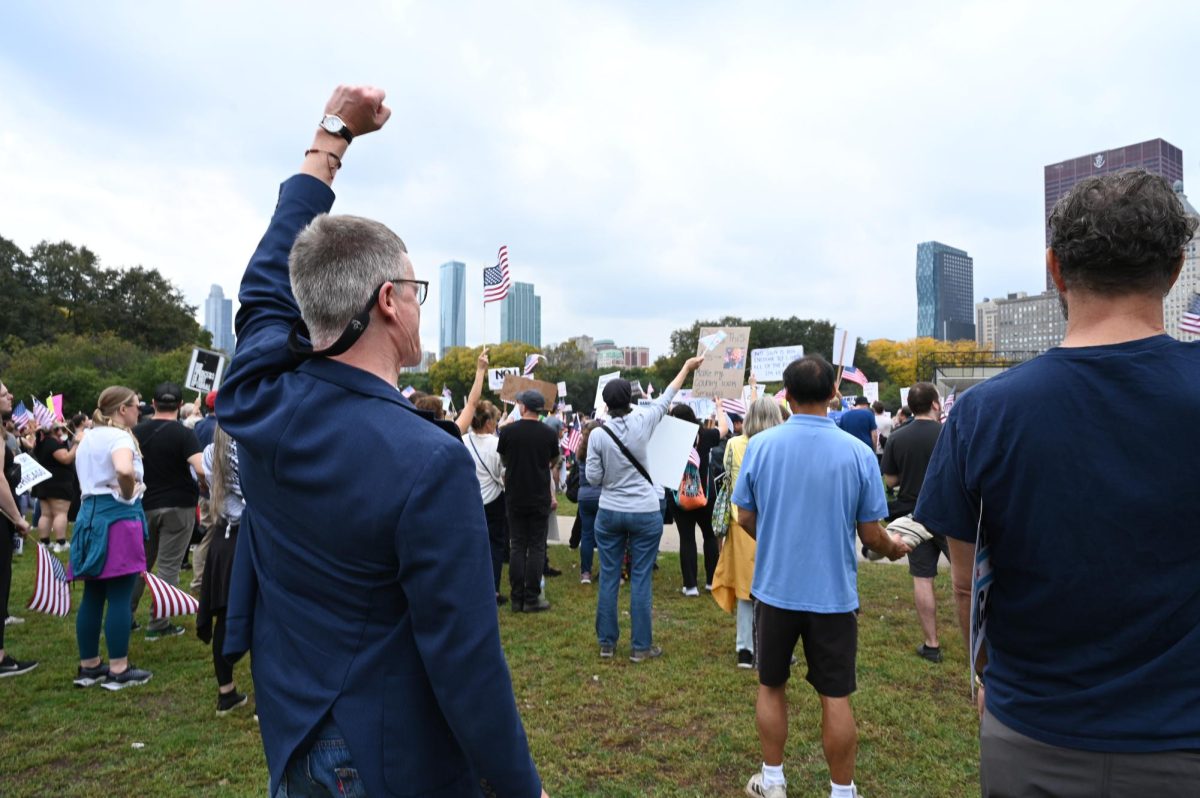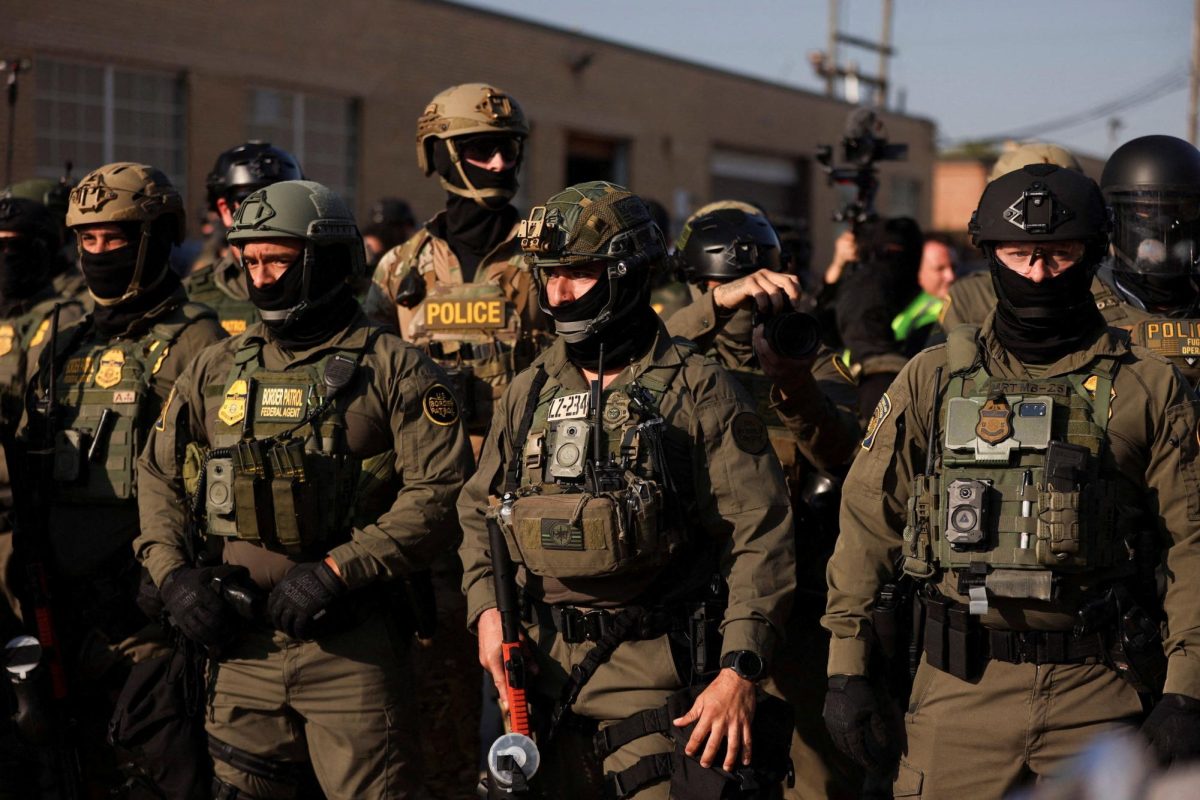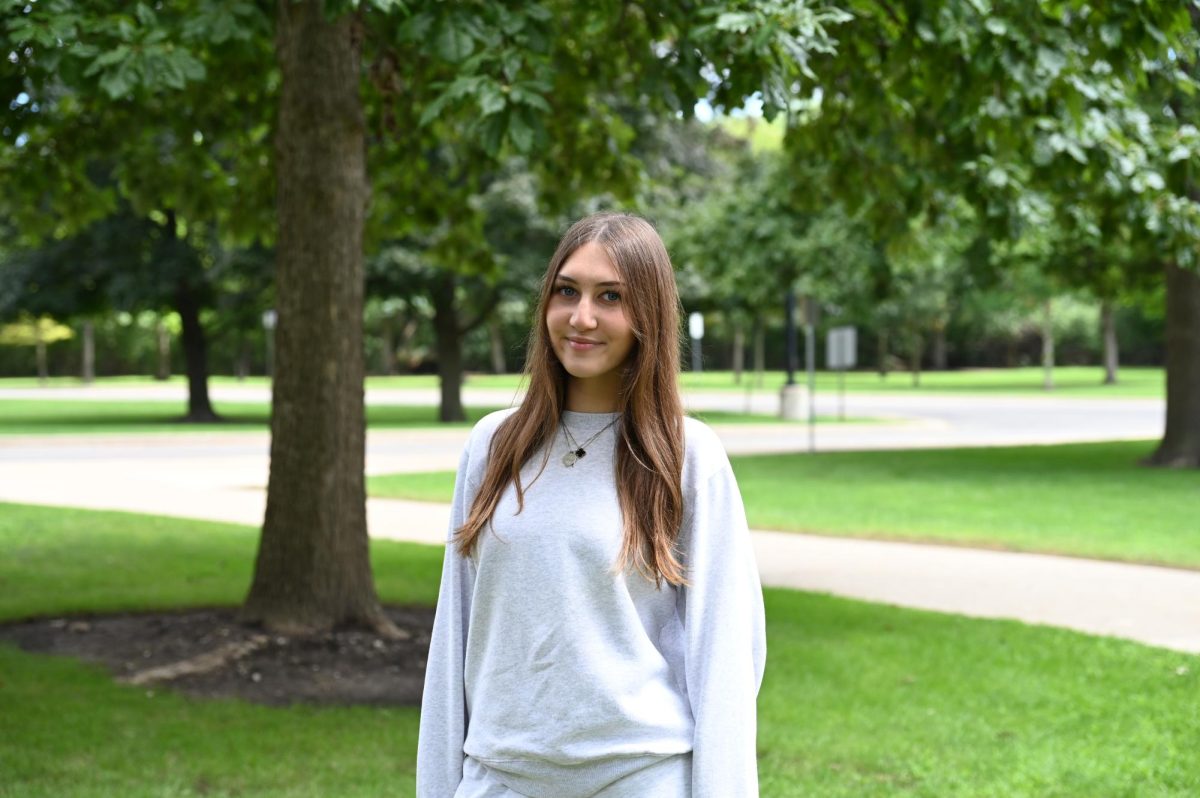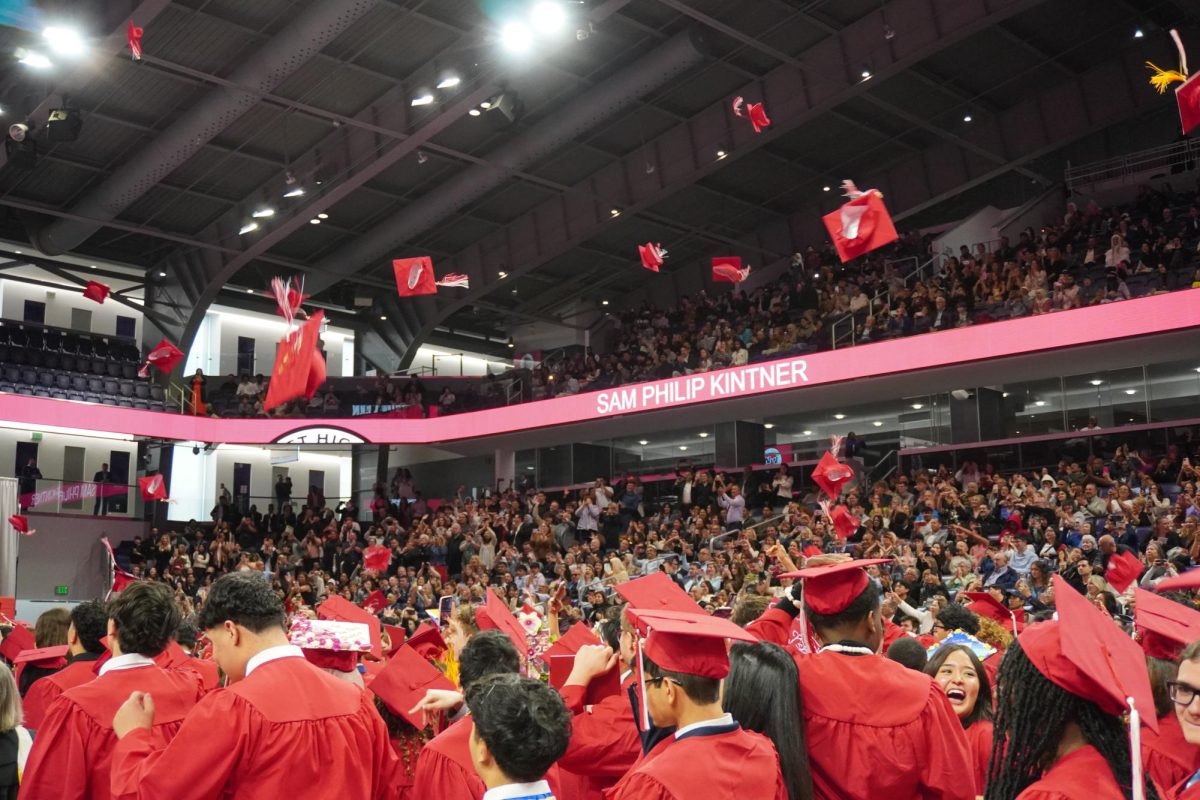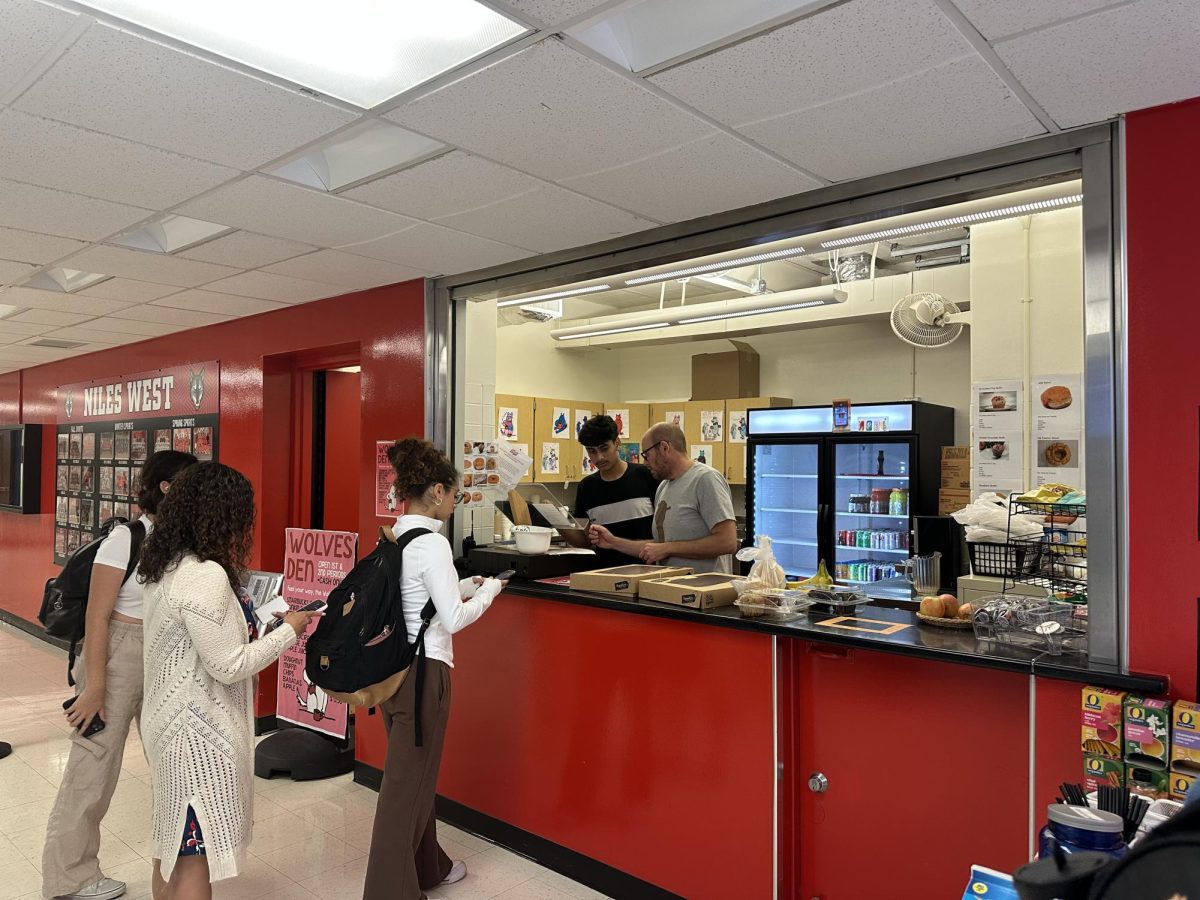The long reigning al-Assad regime of Syria fell last week, on Dec. 8, 2024, after a rebel group, called Hayat Tahrir Al-Sham [HTS], captured the Syrian capital of Damascus, forcing President Bashar al-Assad to flee the country to Russia.
Assad, son of former president Hafez al-Assad, took power in the year 2000, following the death of his father, who began his rule in 1971 after the 1970 coup d’etat, also known as the Corrective Movement.
The country became involved in a bloody civil war, beginning with the quashing of the 2011 Arab Spring, which has raged on until last week’s events.
The fall is met with mixed emotions, based on both political beliefs and humanitarian ideals.
Freshman Sima Ahmad, whose family is from Syria, is filled with both hope and sorrow following the fall of the regime.
“[Our family] is really worried for what’s going to happen…[the children] have to experience war, and a child having to go through that is heartbreaking…But I just want Syria to get better and, hopefully, overcome this obstacle, and become what it once was,” Ahmad said.
The regime, however, is not the only thing that fell; along with it, the walls to prisons throughout the country, incarcerating political prisoners and opposition thinkers to the regime, toppled.
“I just think it’s so shocking how the prisoners were treated so inhumanely…it robs people of their humanity. I think it’s great that political prisoners are being freed and people who spoke out about the regime, and I think it’s time for a big change in the justice system over there,” Niles West science teacher Ali Sayed-Ahmad said.
Although the change in government is greeted for the most part with hope, terrorist ties of HTS worry many. The Sunni Islamist paramilitary group initially began as a branch of Al-Qaeda, the organization responsible for the attacks of Sep. 11. 2001, and despite the public split of the two organizations, the fear remains.
“I don’t think anybody knows for sure what’s going to happen next. I think there’s a lot of hope, perhaps, that there will be a government in place that is democratic…however, I think we would be naive to assume that’s just going to happen. Some of the groups that have been involved in the overthrow of Assad are offshoots of groups that have been labeled terrorist organizations,” Niles West history teacher, Melanie Johnson said.
In times of change and challenge, it becomes especially important to come together as a community and support those who need it. Through open dialogue and open minds, ensuring everybody’s success is possible.
“I think it’s really important for schools to create spaces that allow for all students’ voices to be heard and appreciated. Especially during times like these, empathy and education go a long way. A good way for the district to support people like me would be creating opportunities for open discussion and hearing from diverse perspectives,” senior of Syrian descent and president of the Niles West Middle Eastern North African Club, Muhammed Alali said.
Although the future of the Syrian people is uncertain, a change has been made, and changes will continue to happen.


